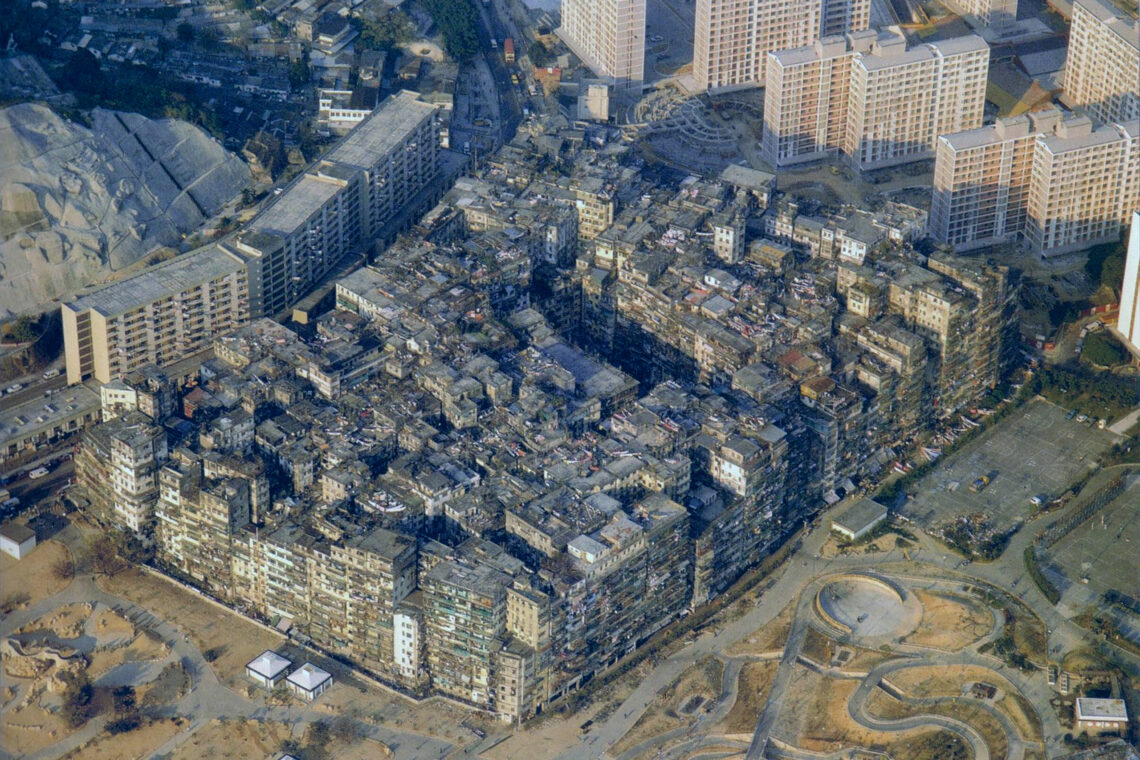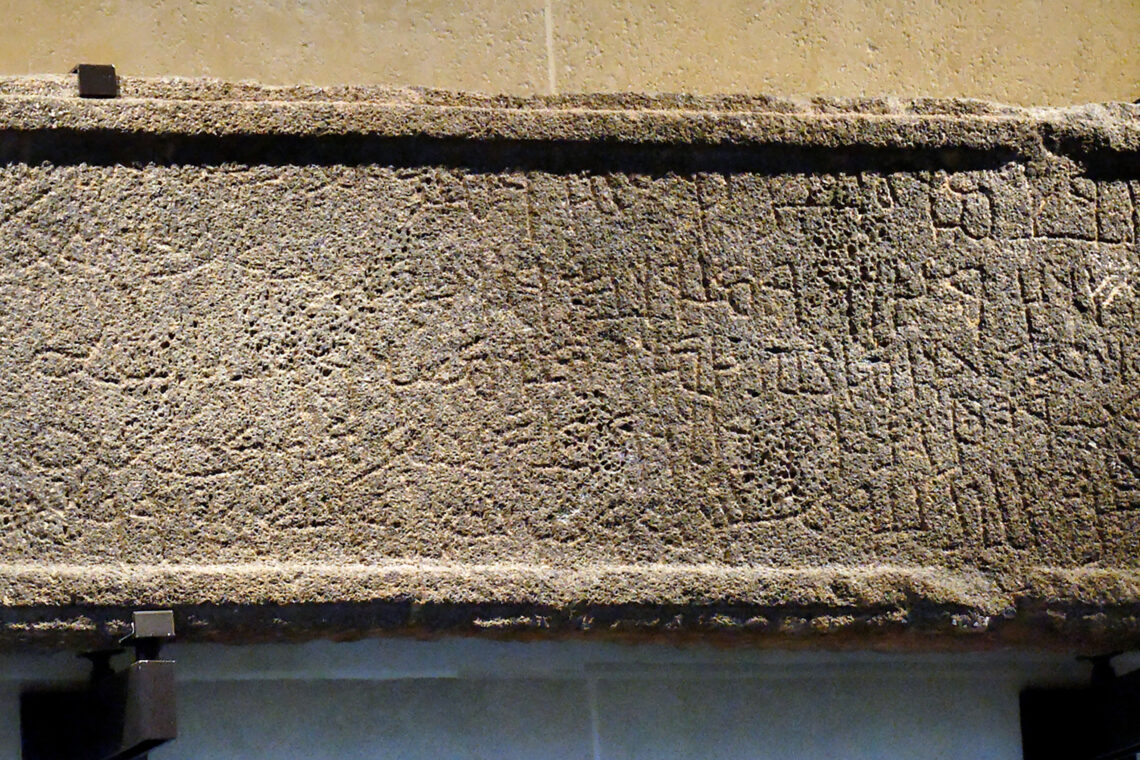By accident, I stumbled into a most uplifting news article in Jeune Afrique/L’Intelligent about a Moroccan business, a company that is so much a part of our lives that I never suspected it to be Moroccan owned in the first place. I am usually skeptical of big business, but the story sort of made my day, and I want to report its main outline here in English, in case people haven’t had a chance to read it in French.
Almost forty years ago, Karim Tazi came across the idea of making Moroccan furniture—such as traditional couches, or mtarbas—available to all classes in Morocco by using a tough and resilient foam instead of the traditional but expensive wool. The idea was an instant success. There was so much demand for his products that he couldn’t manufacture enough to meet it. The company grew in leaps and bounds. Morocco’s restrictions on imports in the 1970s only encouraged Mr. Tazi to expand into new activities such as weaving and carpentry and thus minimize dependency on foreign suppliers. All kinds of Moroccan couches and furniture were distributed across the country, one success following another.
By 1995, Karim Tazi’s son, Abdelaziz, noticed that a lot of Moroccan immigrants buy Moroccan furniture and take it back with them to France and Europe. So he decided to make such furniture available to them in Europe. That idea was also an instant success. The furniture appealed to all sorts of people—Moroccans yearning for a piece of their homeland; Algerians and Tunisians who wanted something similar; the French and other Europeans who wanted exotic furniture, all for a reasonable price. The Moroccan living style thus spread across the Old Continent and has reached even Montreal. Tazi’s stores now carry the best of Moroccan crafts from around the country, including zellij and other similar products. Today, 5% of Tazi’s revenue comes from sales overseas, while the rest of the business depends on the approximately 350 outlets in Morocco. The Tazis are already planning on importing the business model they have designed for their overseas customers to Morocco and, when the borders become more open, to the entire Maghreb.
This, then, according to L’Intelligent, is the story of the famous Richbond brand which will celebrate its 40th anniversary next year. It stands in stark contrast with the just announced news that Morocco’s Société des Brasseries has sold its soft drink unit to a Spanish bottling company. I now doubt whether there are any locally owned sodas in Morocco. La Cigogne and others have long fallen into foreign ownership, mostly to the Coca Cola Company.
Tazi’s gamble was that Moroccans could do progressive business and succeed. He made decent Moroccan furniture available to the poor and the middle class. I would bet that more than 95% of Moroccans have used a Richbond product sometime in their lives. To me, this is just plain impressive.




Comments are moderated by the editor and may not appear on this discussion until they have been reviewed and deemed appropriate for posting. All information collected is handled in a manner consistent with our privacy policy.